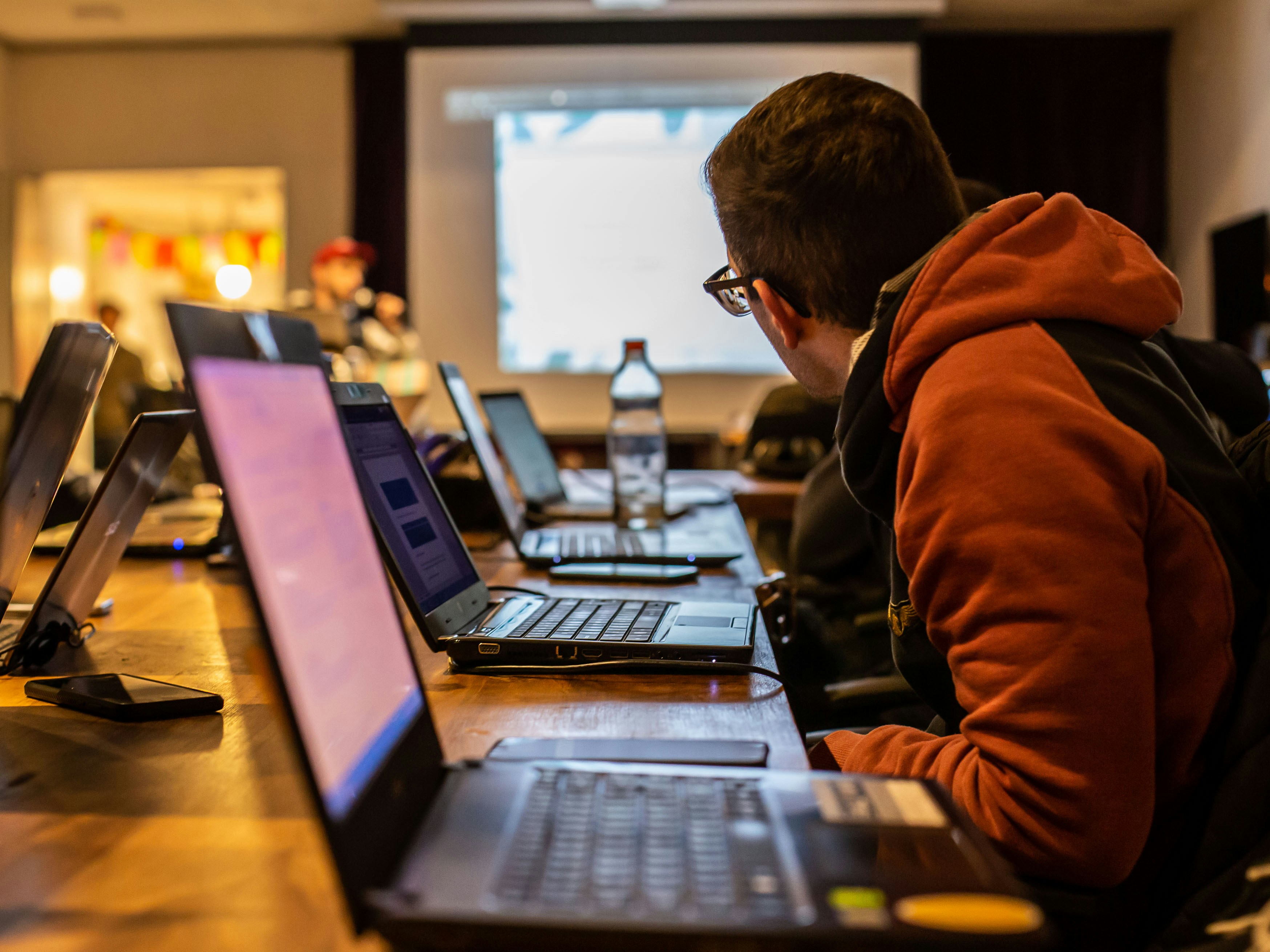Adapting To AI: The Importance Of Lifelong Learning

Artificial Intelligence (AI) is transforming the workforce at an unprecedented rate, making it essential for workers to continuously update their skills. In this rapidly changing landscape, lifelong learning is no longer optional but a necessity. This article explores the concept of lifelong learning, its importance in the AI era, and the critical skills required to thrive in this new environment.
Definition and Importance of Lifelong Learning in the AI Era
Lifelong learning refers to the ongoing, voluntary, and self-motivated pursuit of knowledge for personal or professional development. In the context of AI, lifelong learning is crucial because technological advancements are reshaping job roles and industries faster than ever before. Workers must stay ahead of these changes to remain relevant and competitive. The rapid pace of AI innovation means that skills quickly become outdated, necessitating a continuous learning approach to keep up with new tools, technologies, and methodologies.
Key Non-Technical Skills Required Alongside Technical Proficiency
While technical skills are vital, non-technical skills are equally important for success in an AI-driven world. Here are some essential non-technical skills:
A. Critical Thinking and Problem-Solving: These skills enable workers to analyze complex situations, identify problems, and develop effective solutions.
B. Creativity and Innovation: AI can handle repetitive tasks, but creativity remains a uniquely human trait that drives innovation and the ability to think outside the box.
C. Emotional Intelligence and Interpersonal Skills: Understanding and managing emotions, both one’s own and others', is crucial for teamwork, leadership, and customer interactions.
D. Adaptability and Flexibility: The ability to adapt to new situations and embrace change is essential as AI continuously evolves the workplace environment.
Approaches to Fostering a Culture of Continuous Learning in Organizations
Organizations play a critical role in promoting lifelong learning. Here are some strategies to foster a culture of continuous learning:
A. Creating a Learning-Oriented Culture: Encourage a mindset that values growth and development. Recognize and reward learning efforts and successes.
B. Providing Access to Training and Development Resources: Offer employees access to courses, workshops, and other educational resources. Support learning through internal programs and external partnerships.
C. Encouraging Mentorship and Knowledge Sharing: Establish mentorship programs where experienced employees can guide others. Promote a culture of knowledge sharing through regular meetings, forums, and collaborative projects.
Tools and Resources Available for Ongoing Education and Skill Development
Numerous tools and resources are available to support lifelong learning:
A. Online Courses and Educational Platforms: Platforms like Coursera, Udacity, and LinkedIn Learning offer a wide range of courses on various topics, including AI and non-technical skills.
B. Corporate Training Programs and Workshops: Many companies provide in-house training and development programs tailored to their specific needs.
C. Professional Development Communities and Networks: Joining professional organizations and networks can provide access to workshops, seminars, and industry insights.
Case Studies and Examples of Lifelong Learning in Practice
Examples of lifelong learning in action highlight its effectiveness:
A. Tech Company Investment: A leading tech company has invested heavily in continuous employee training, offering regular workshops and online courses. This has resulted in a highly adaptable workforce ready to embrace new technologies.
B. Personal Stories: Professionals who have pursued lifelong learning report increased job satisfaction and career advancement. For instance, a marketing manager who took AI and data analytics courses was able to pivot to a data science role within her company, demonstrating the power of ongoing education.
Conclusion
In the AI era, lifelong learning is essential for both individuals and organizations. The combination of technical and non-technical skills prepares workers to adapt to rapid changes and seize new opportunities. By fostering a culture of continuous learning and leveraging available tools and resources, organizations can ensure their workforce remains competitive and innovative. For individuals, committing to lifelong learning is the key to future-proofing careers and thriving in an AI-driven world.
Author: Gerardine Lucero
From Chip War To Cloud War: The Next Frontier In Global Tech Competition
The global chip war, characterized by intense competition among nations and corporations for supremacy in semiconductor ... Read more
The High Stakes Of Tech Regulation: Security Risks And Market Dynamics
The influence of tech giants in the global economy continues to grow, raising crucial questions about how to balance sec... Read more
The Tyranny Of Instagram Interiors: Why It's Time To Break Free From Algorithm-Driven Aesthetics
Instagram has become a dominant force in shaping interior design trends, offering a seemingly endless stream of inspirat... Read more
The Data Crunch In AI: Strategies For Sustainability
Exploring solutions to the imminent exhaustion of internet data for AI training.As the artificial intelligence (AI) indu... Read more
Google Abandons Four-Year Effort To Remove Cookies From Chrome Browser
After four years of dedicated effort, Google has decided to abandon its plan to remove third-party cookies from its Chro... Read more
LinkedIn Embraces AI And Gamification To Drive User Engagement And Revenue
In an effort to tackle slowing revenue growth and enhance user engagement, LinkedIn is turning to artificial intelligenc... Read more

